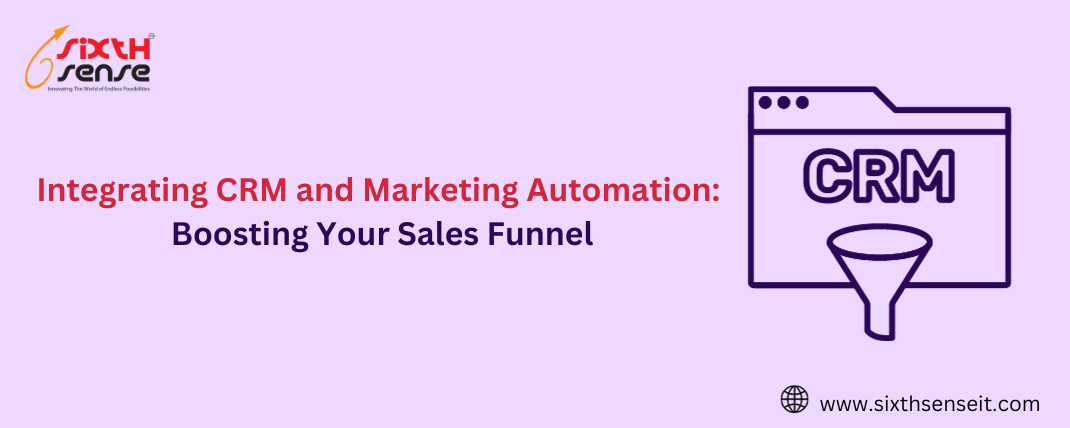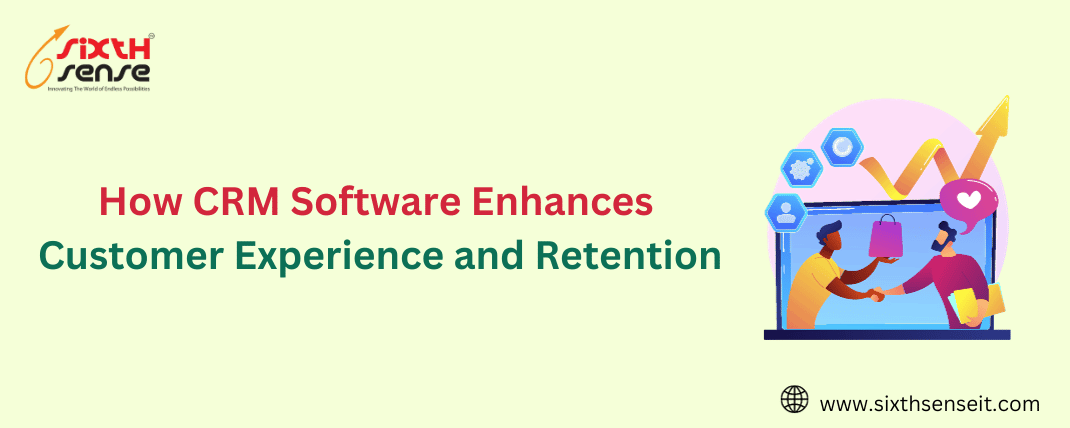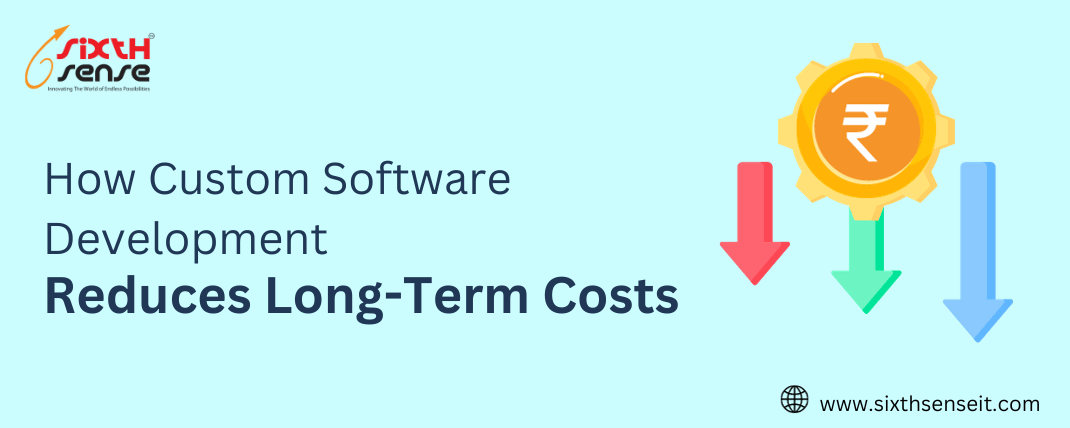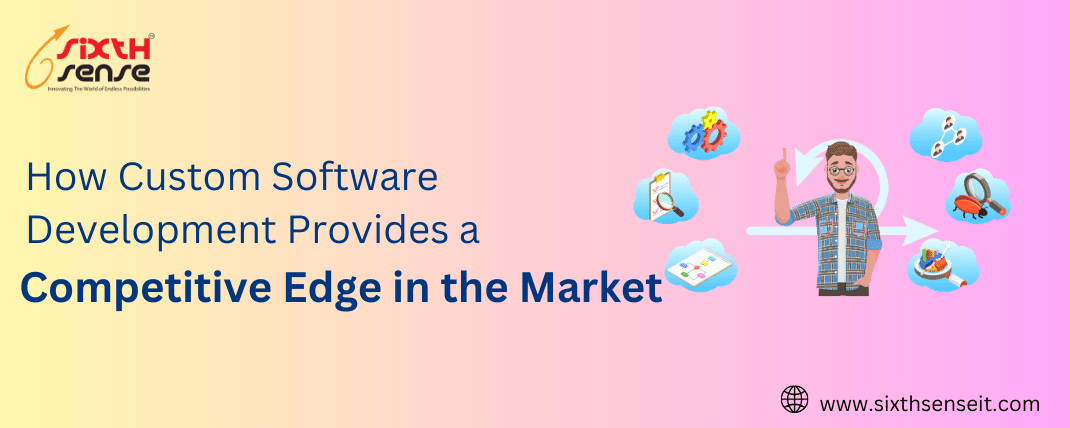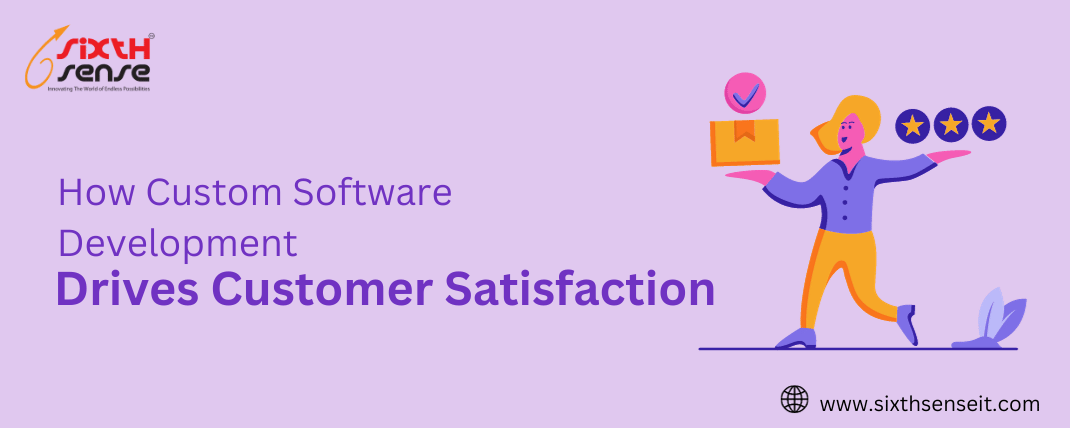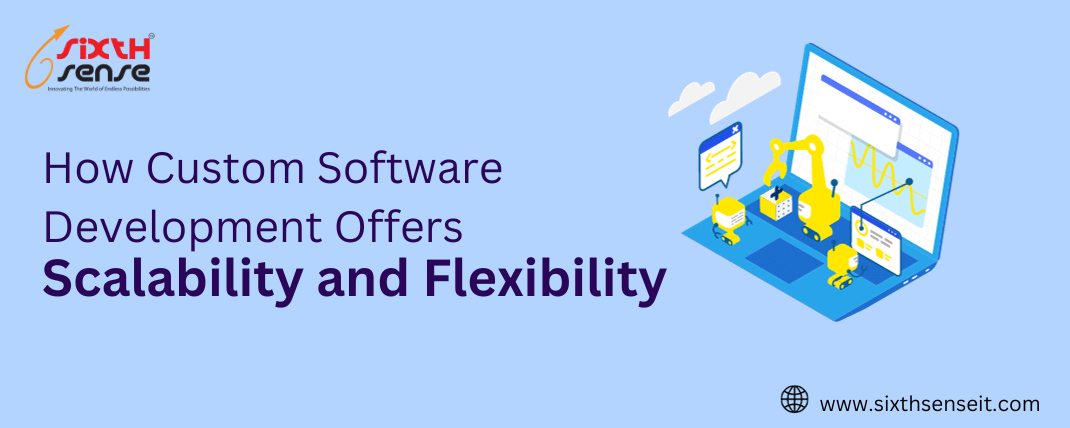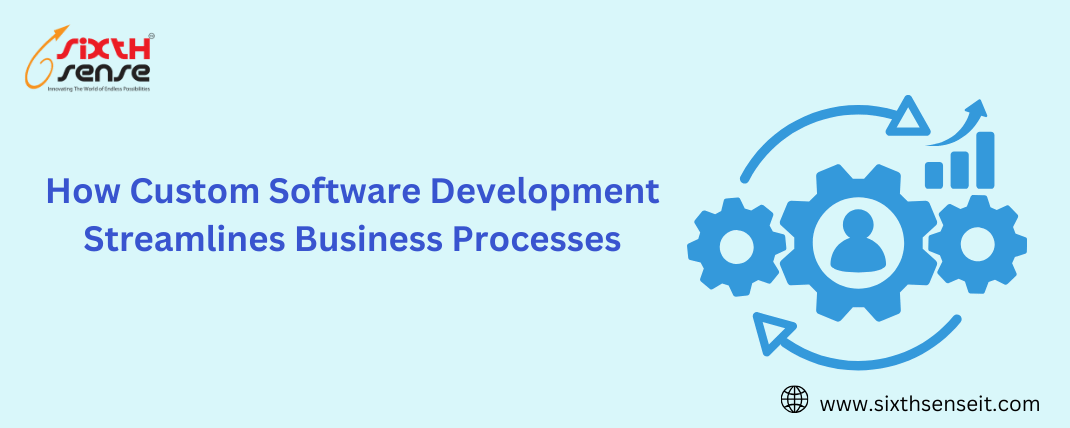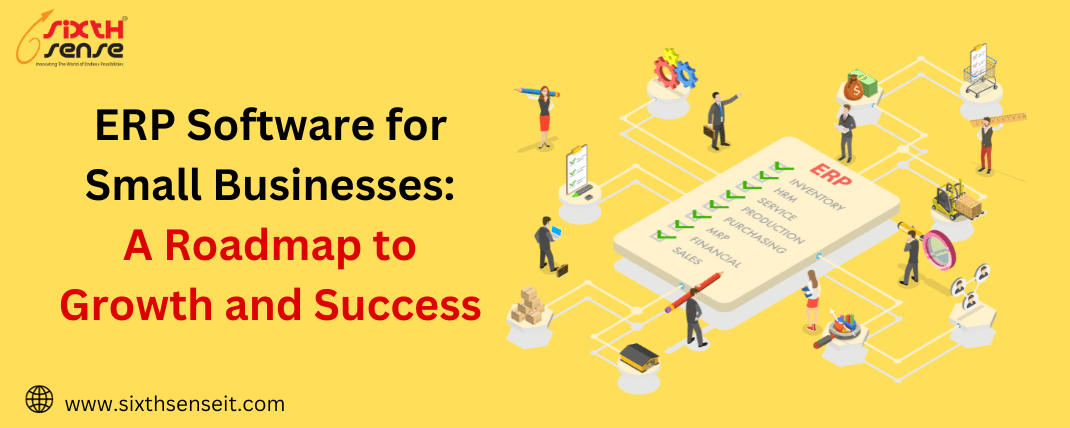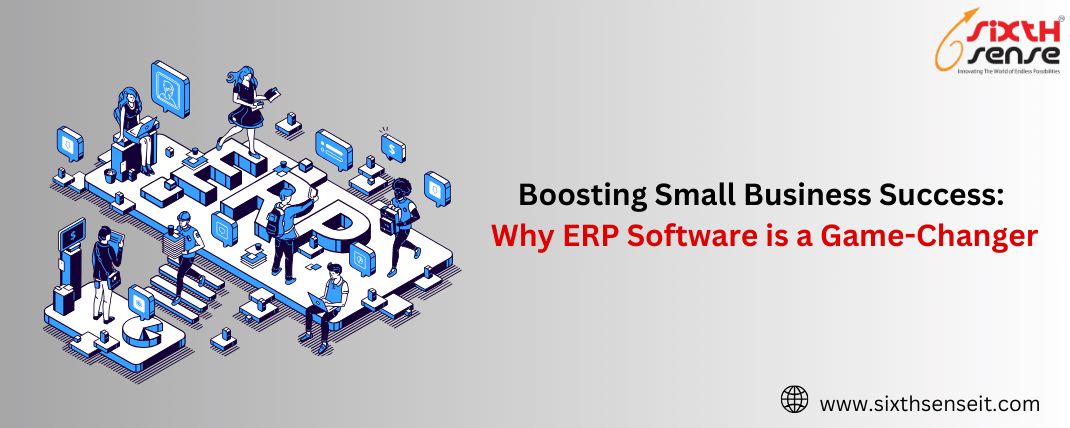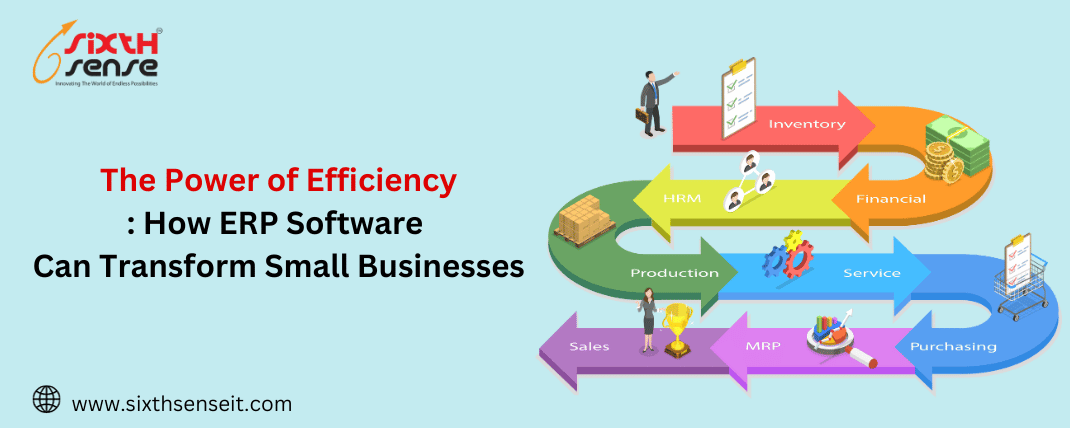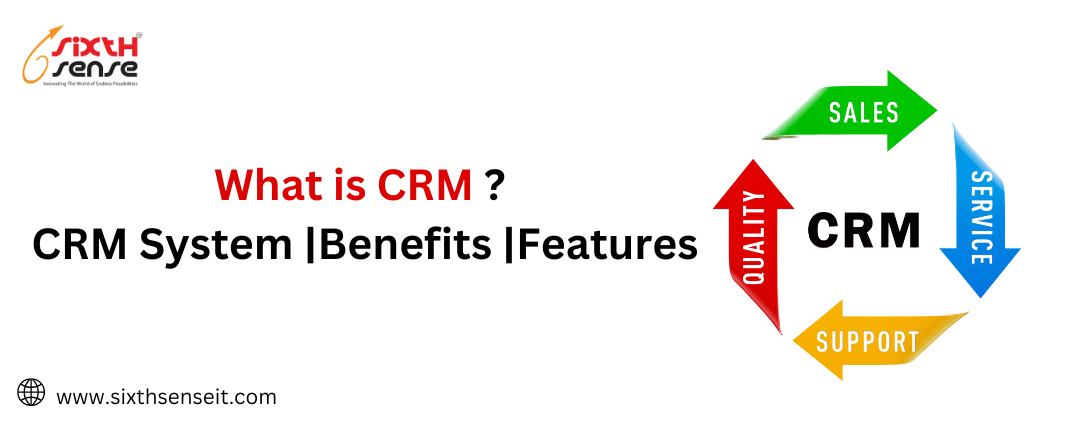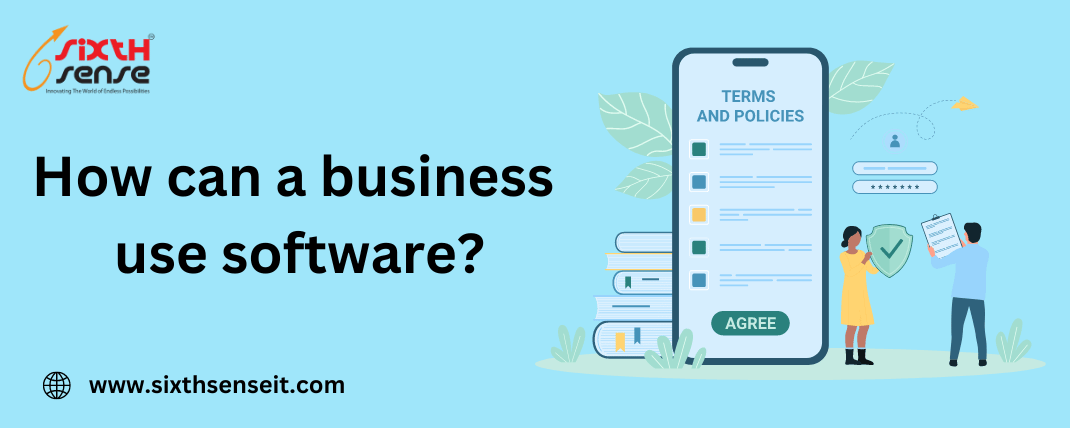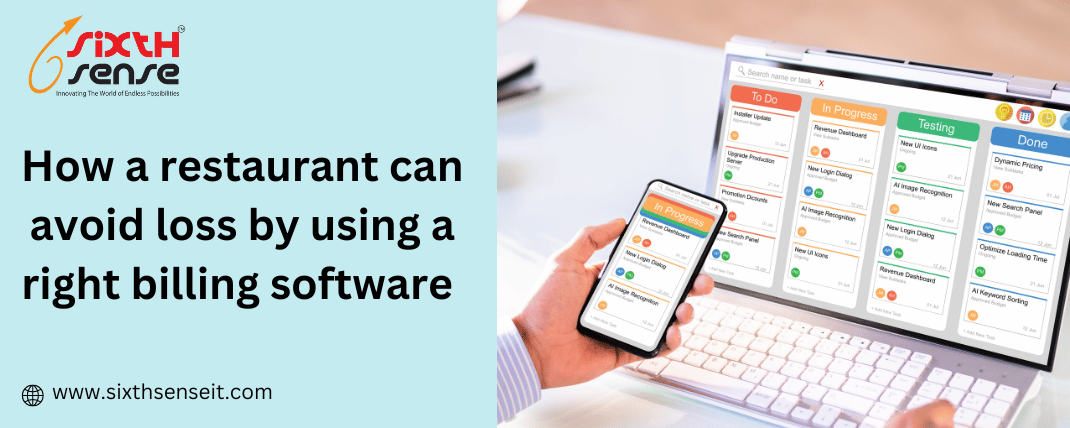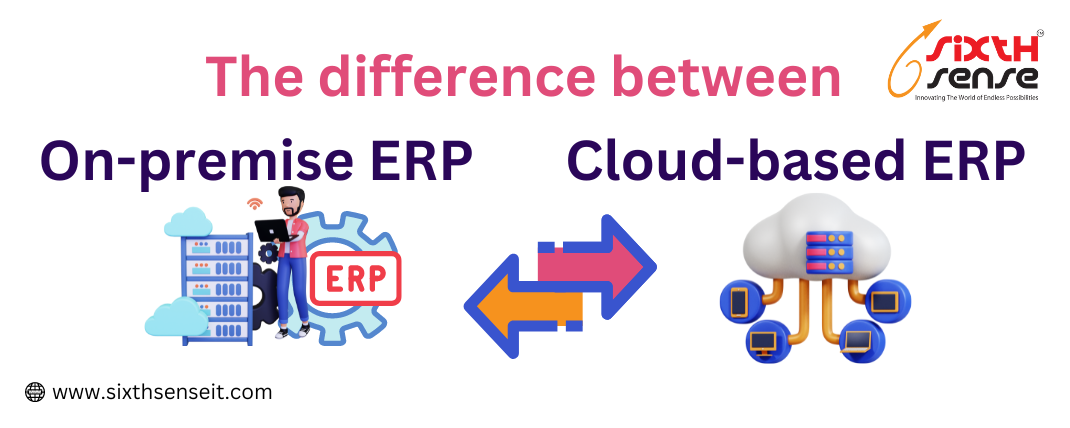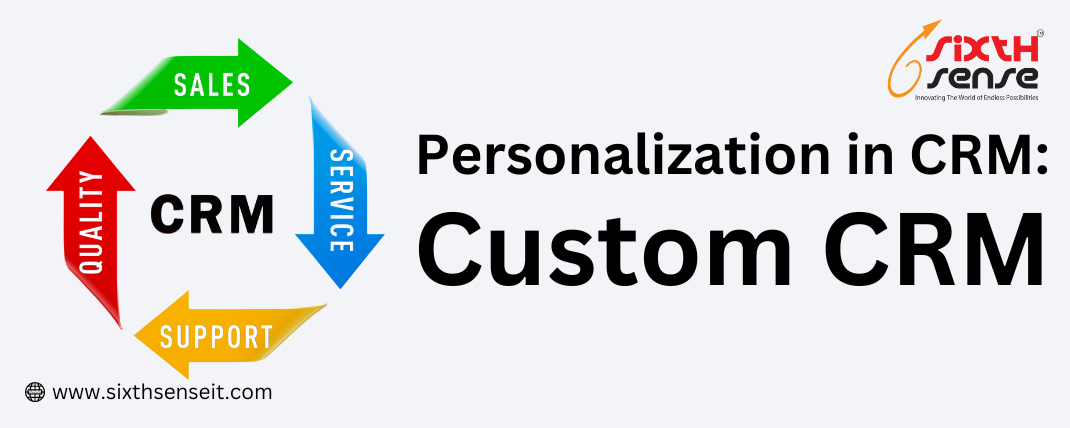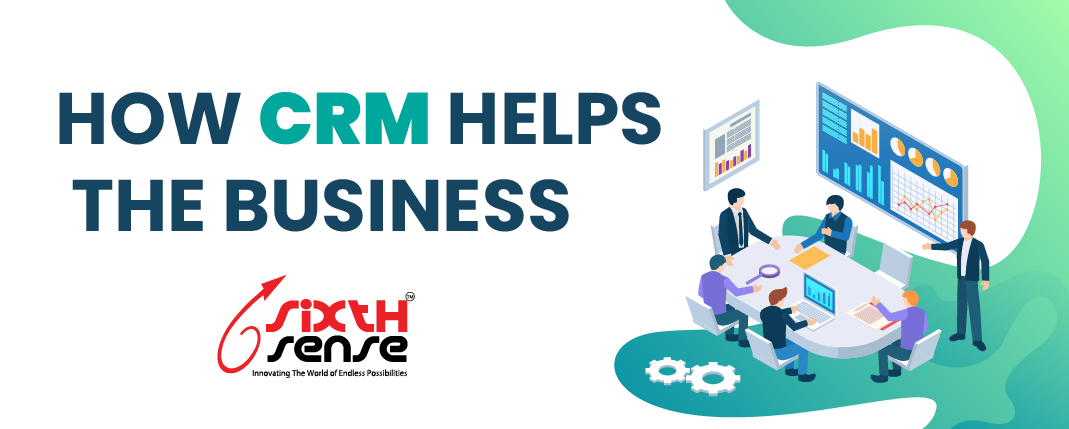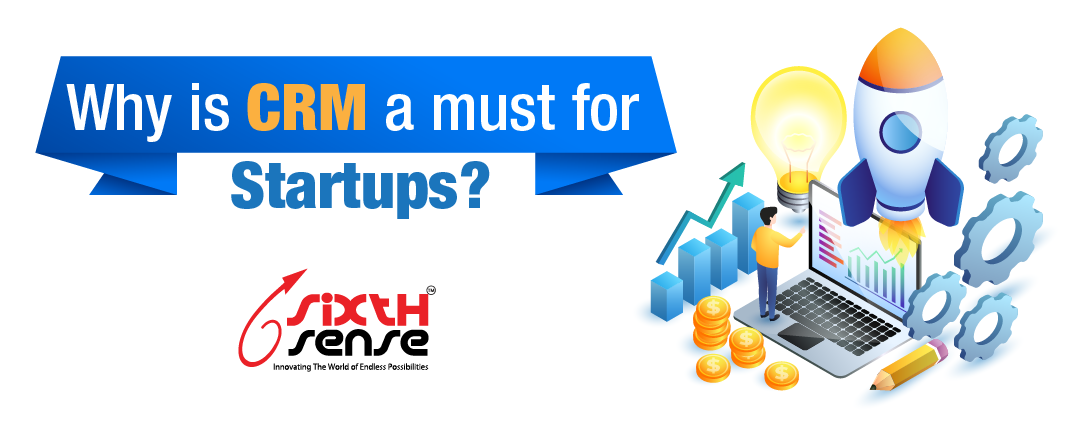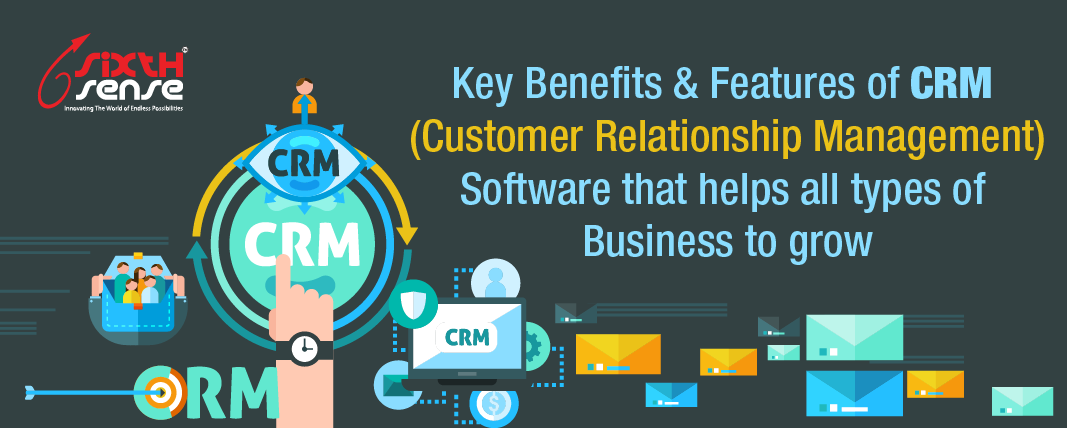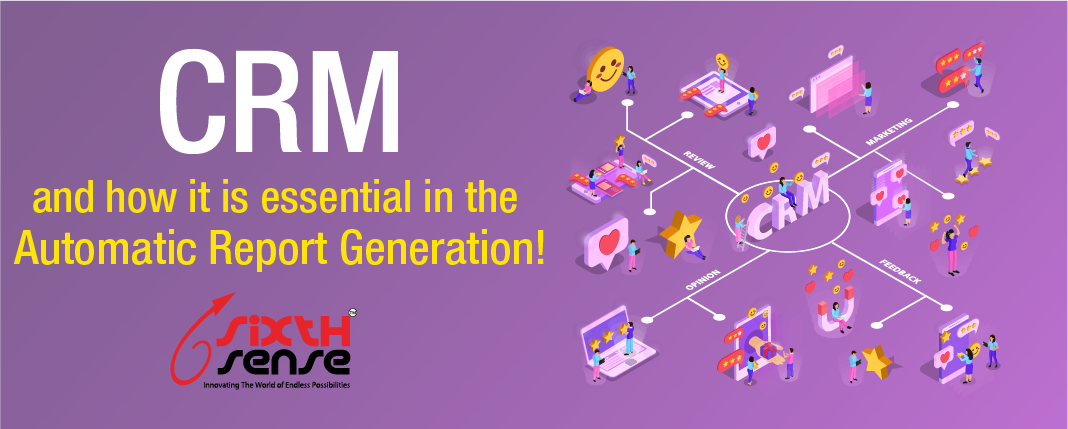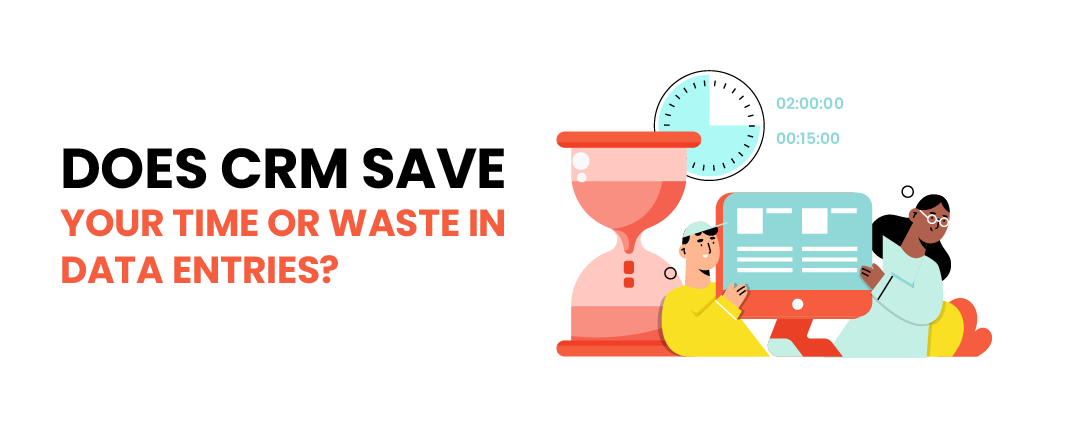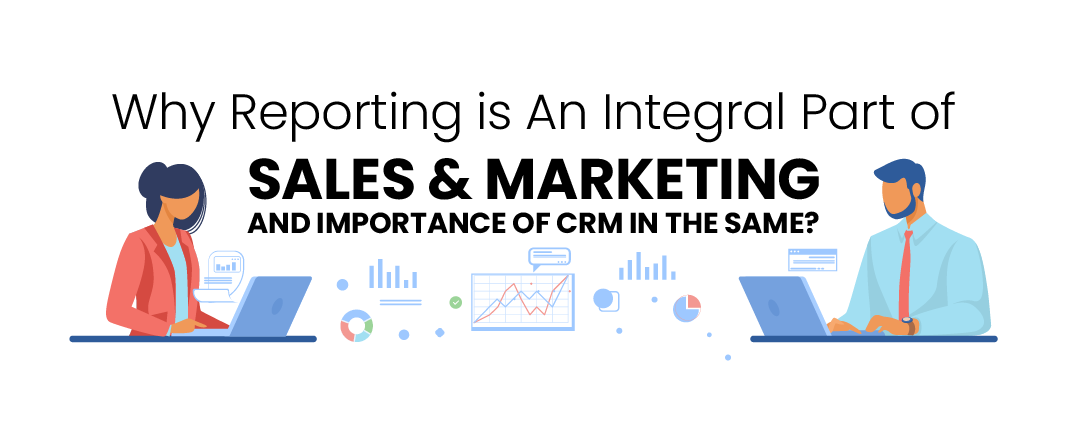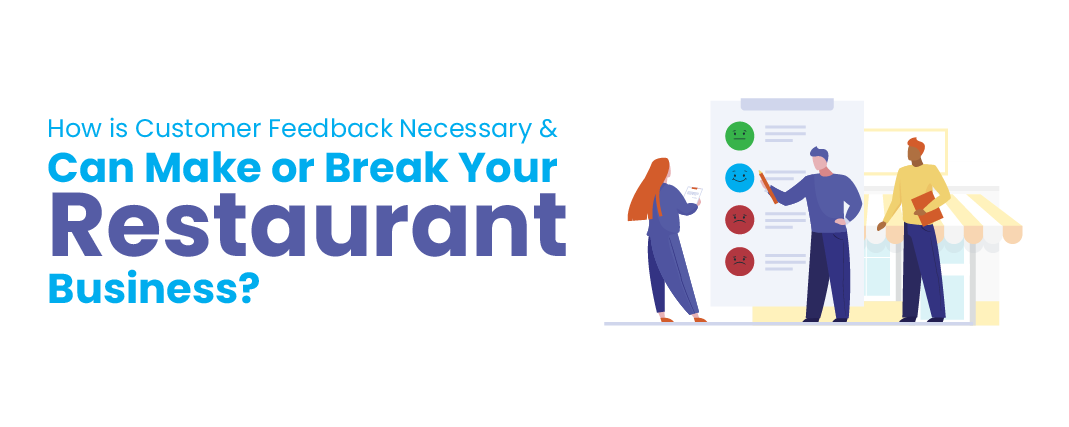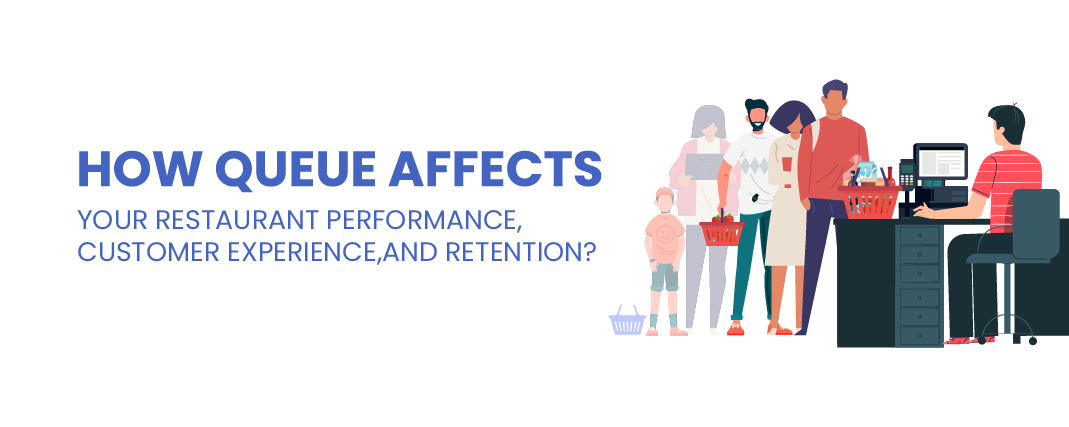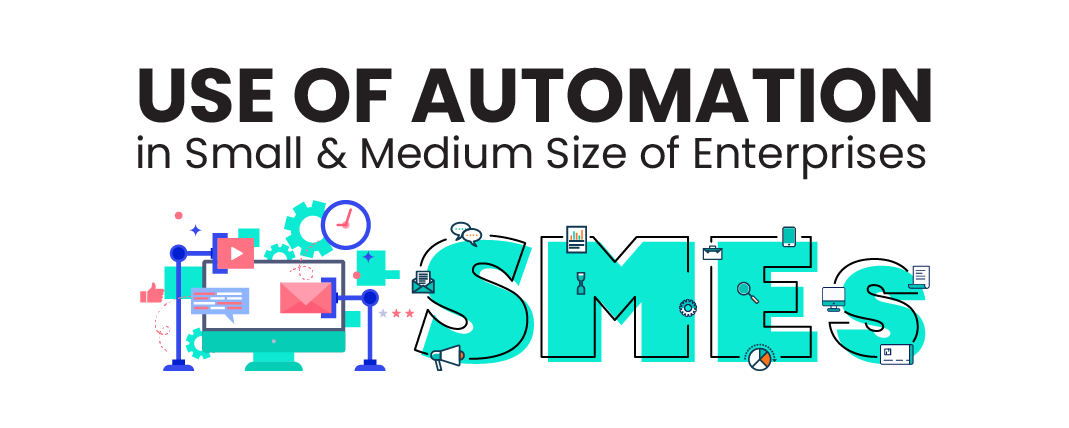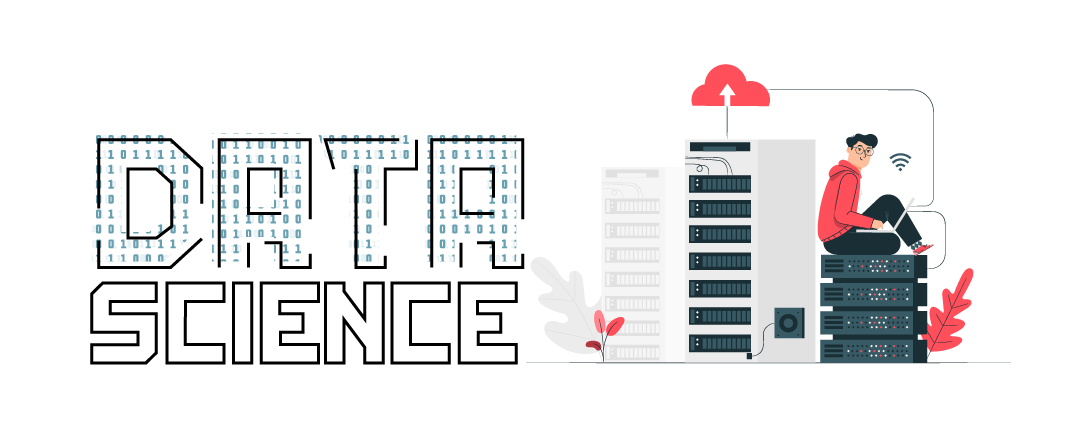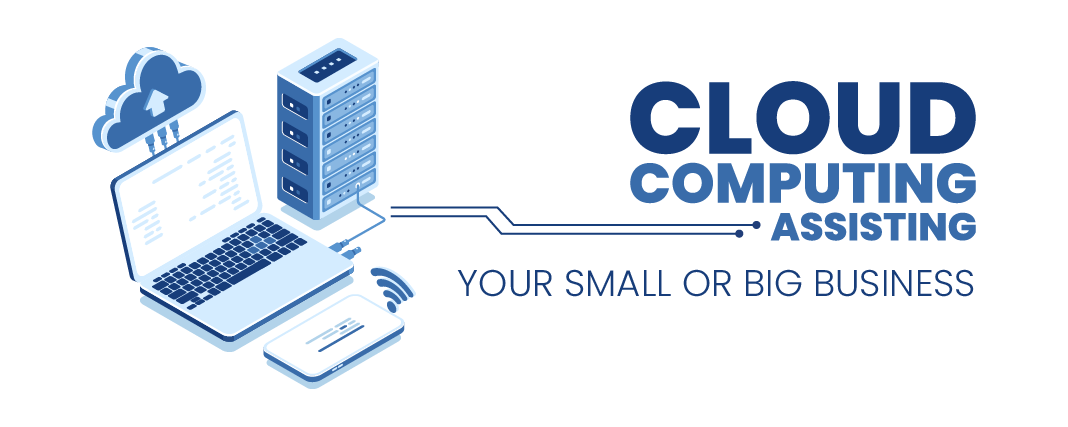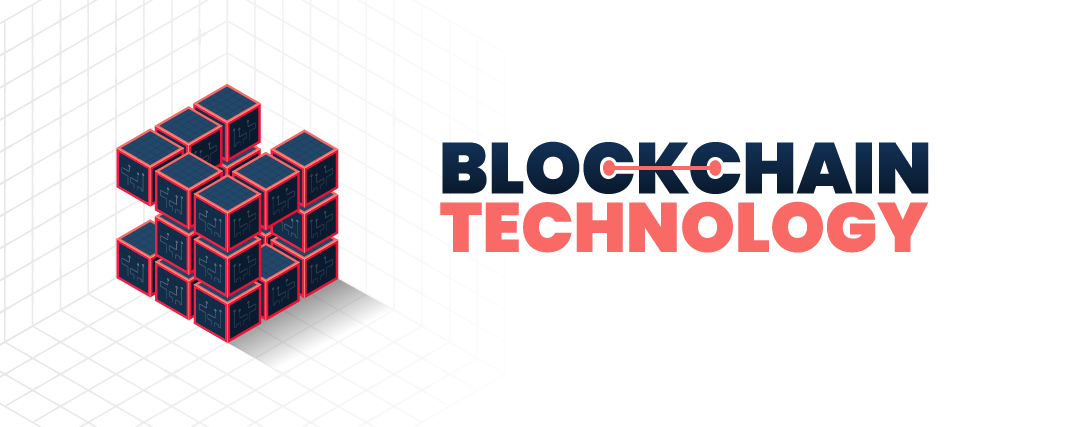
How Custom Software Development Maximizes Data Security

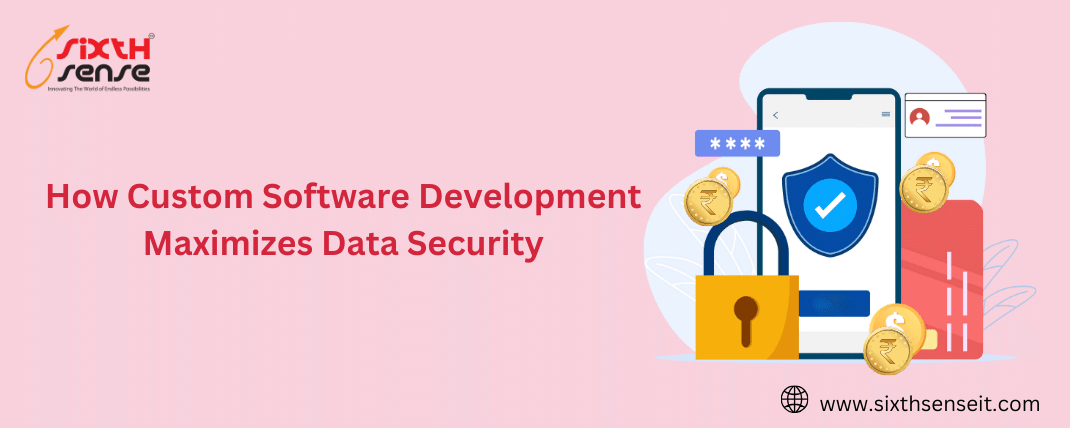
In an age where data is the lifeblood of business, the security of that data is of paramount importance. Companies large and small are continually seeking ways to fortify their data against cyber threats and breaches. Custom software development has emerged as a powerful ally in this battle. This comprehensive guide delves into the world of custom software development and explores how it maximizes data security, ensuring that businesses can protect their most valuable asset in an ever-evolving threat landscape.
Data security is no longer just an IT concern; it's a fundamental business necessity. As businesses accumulate ever-increasing volumes of data, safeguarding that data from theft, corruption, or misuse is critical. Data breaches can lead to financial losses, legal repercussions, and a damaged reputation.
Custom software development is a vital tool in the fight for data security. It involves creating software solutions tailored to the specific needs of a business, making it possible to prioritize security at every level of the software's design. In this guide, we explore how custom software development maximizes data security, providing companies with the means to protect their most valuable asset.
Data is the currency of the digital age. Businesses rely on data for decision-making, customer insights, and operational efficiency. However, this data goldmine is a tempting target for cybercriminals, making data security essential.
Data breaches come at a high cost. Beyond financial losses, breaches can result in legal penalties, customer trust erosion, and damage to a company's reputation. The cost of data breaches continues to rise.
The more valuable data becomes, the more attractive it is to malicious actors. This paradox requires businesses to invest heavily in data security while continuing to innovate and leverage data for growth. Custom software development helps resolve this paradox by offering robust security measures without compromising data usability.
Custom software development involves creating software solutions tailored to the specific needs of a business. Unlike off-the-shelf software, custom software is built to address the unique challenges and processes of a particular business.
Custom software development places data security at the forefront. By aligning software with the unique requirements of a business, security can be woven into the fabric of the software, making it a core element of its design.
Custom software offers a multitude of benefits, including:
In terms of data security, custom software provides a tailored defense that off-the-shelf solutions simply cannot match.
Understanding vulnerabilities is the first step in securing data. Common vulnerabilities include weak access controls, unpatched software, and social engineering tactics. Identifying these vulnerabilities is crucial for effective data security.
Internal threats, such as employee mistakes or malicious actions, pose a significant risk to data security. Custom software can help mitigate these threats through user permissions and access controls.
External threats, like hackers and malware, are ever-evolving. Custom software can include encryption, firewalls, and intrusion detection systems to protect against external threats.
Custom software development allows for security to be integrated from the outset, rather than being an afterthought. This security-centric approach ensures that data protection is prioritized at every stage of development.
Encryption is a powerful tool for securing data. Custom software can include strong encryption methods to protect data at rest and in transit, rendering it useless to unauthorized users.
Custom software can provide granular control over user access. By assigning permissions based on job roles and responsibilities, businesses can minimize the risk of data breaches caused by employee errors or misconduct.
Discover how a financial institution leveraged custom software to secure sensitive customer data, meet compliance requirements, and protect against fraud.
Explore how a healthcare facility enhanced patient data security through custom software, ensuring compliance with healthcare regulations and protecting patient privacy
Learn how an e-commerce platform utilized custom software to prevent fraudulent transactions, protect customer data, and bolster trust among online shoppers.
Many industries are subject to specific regulations regarding data security and privacy. Custom software can be tailored to ensure compliance with these regulations, reducing legal and financial risks.
Custom software can facilitate compliance by providing features like audit logs, data retention controls, and encryption. This ensures that businesses adhere to industry-specific regulations.
Data security and privacy have become significant concerns for consumers. By demonstrating a commitment to data security and compliance, businesses can build trust with their customers, fostering long-term relationships.
Cyber threats are constantly evolving. Businesses must remain vigilant to protect against new threats and vulnerabilities.
Custom software can include real-time monitoring features that continuously assess the security of data. This allows for rapid threat detection and immediate response to potential breaches.
The ability to detect and respond to threats rapidly is crucial in minimizing the damage of a data breach. Custom software can provide businesses with the tools to react promptly and decisively.
Data loss can be catastrophic. Custom software can facilitate secure data backups, ensuring that data can be restored even in the event of a breach or disaster.
Custom backup solutions can be fine-tuned to meet the unique needs of a business. This ensures that critical data is protected and recoverable.
Disaster recovery planning is an essential component of data security. Custom software can assist in developing and executing disaster recovery plans, minimizing downtime and data loss.
Custom software development often follows agile methodologies, enabling businesses to adapt rapidly to changing requirements and emerging threats. Regular updates ensure that software remains resilient against new vulnerabilities.
Cyber threats are ever-evolving. Custom software can be updated to address new vulnerabilities and emerging threats, ensuring that data security remains robust.
Regular software updates are crucial in addressing known vulnerabilities and improving security measures. Custom software can be designed with automatic update mechanisms, reducing the risk of outdated software.
Selecting the right development partner is crucial in achieving secure custom software. This chapter explores the pros and cons of in-house development versus outsourcing.
Choosing a development partner requires careful consideration. This chapter offers guidance on evaluating potential partners, examining their portfolios, and assessing their compatibility with your business goals.
Effective communication and collaboration with your development partner are essential for project success. Learn how to establish a productive working relationship to ensure your custom software aligns with your vision of data security.
The landscape of data security is continuously evolving. This chapter explores emerging threats, such as AI-driven cyberattacks, and prepares businesses for what's to come.
To remain secure in the face of emerging threats, businesses must understand the implications of new technologies and be ready to adapt their data security strategies accordingly.
Data security is an ongoing battle. Custom software development provides businesses with the tools and strategies necessary to protect their data in the face of constantly changing cyber threats.
Custom software development is not just about protecting data; it's about transforming the way businesses safeguard their most valuable asset. By focusing on customization, security-centric development, encryption, access control, and real-time monitoring, businesses can position themselves for secure and successful futures.
In today's data-driven world, securing sensitive information is not negotiable; it's an imperative. Custom software development offers a strategic path to achieve and maintain data security. By leveraging customized security measures, businesses can build trust, minimize risks, and protect their most valuable asset. Embracing custom software development isn't just an investment; it's a commitment to a secure data future.



